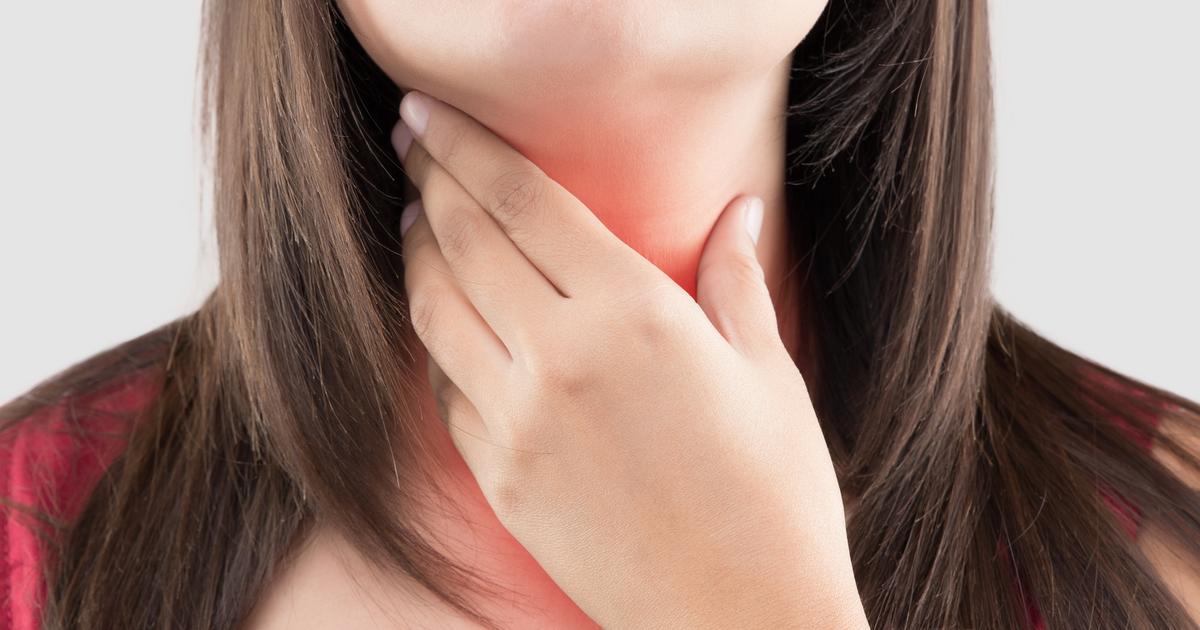What Are The Side Effects Of Antihistamines?
Dry Mouth And Throat

Antihistamines are just one medication that can lead to dryness in the mouth and throat. Dry mouth isn't often a serious cause for concern, and most cases can be treated at home without any problem. However, individuals might experience issues with eating, talking, tasting food, swallowing, and wearing dentures. It's important to treat mouth dryness as a dry mouth is more susceptible to infections and gum disease. The easiest way to treat dryness is by keeping a beverage nearby and taking small sips throughout the day. The best beverage for this is water, but if individuals don't have water, any liquid is better than none. Individuals can also chew on ice chips and items like sugar-free gum, lollipops, hard candy, soft drinks, and frozen fruit juice. There are over-the-counter saliva substitutes patients can get to help moisten their mouth. Using a humidifier can help prevent dry mouth as well.
Continue reading to reveal more side effects linked to antihistamines now.